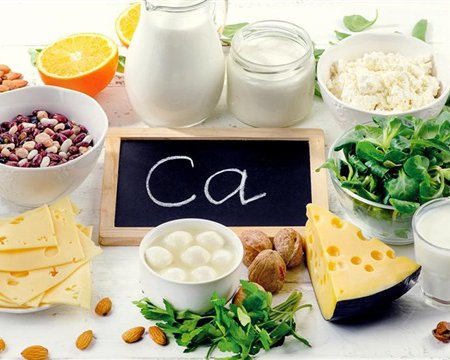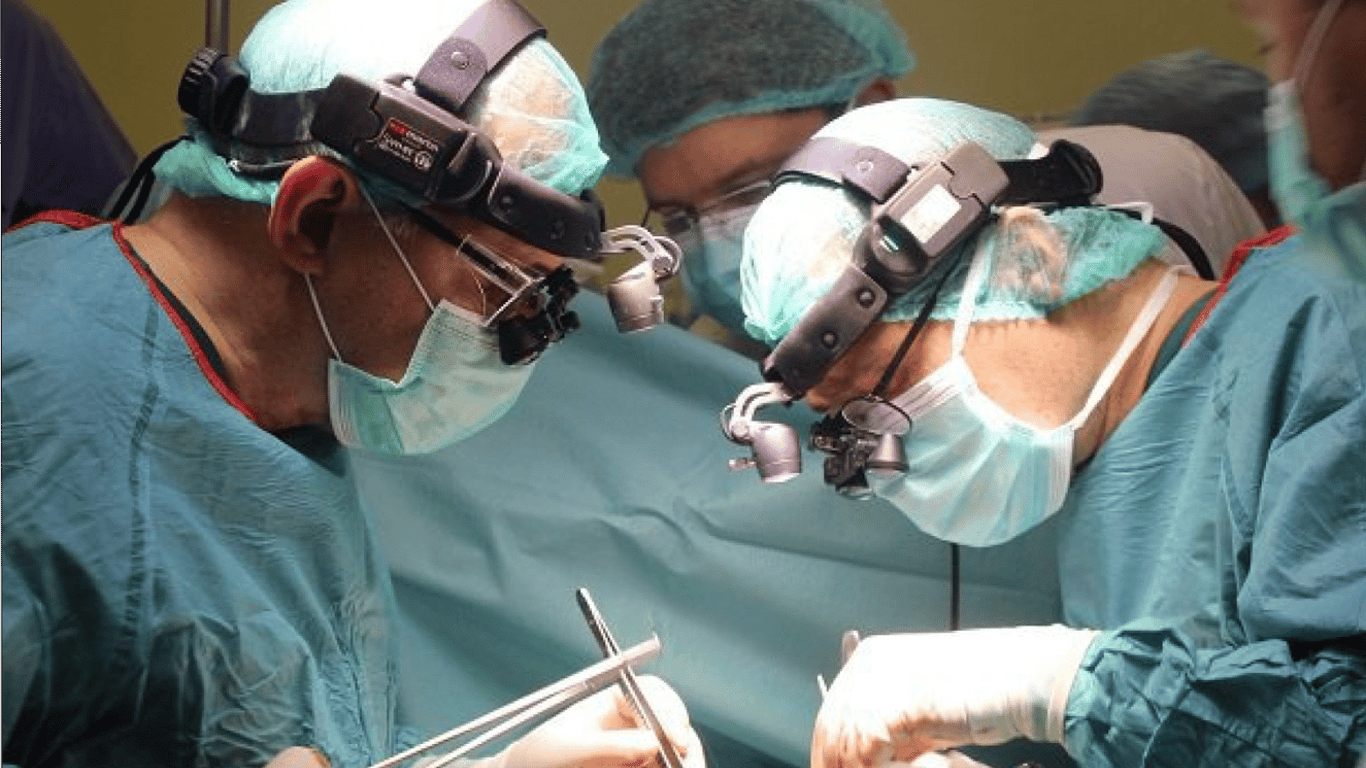Nuts, Greens, and Seeds: Which Foods Are Rich in Calcium.


The body cannot do without calcium, and this is especially important for women over 50 and men over 70.
It is usually believed that dairy products contain the most calcium, but Gazeta.ua found that this is not quite true.
If you want to consume more calcium but do not like milk, pay attention to other products. For example, seeds. The most calcium-rich seeds are sesame, poppy, and chia.
Thus, if 100 g of milk contains 113 mg of calcium, 100 g of parmesan - 1109 mg, then roasted sesame - 989 mg of calcium, and poppy - 1438 mg. Seeds are also rich in beneficial fats, protein, and minerals.
Nuts and dried fruits also contain a lot of calcium. They also help lower blood pressure, improve cholesterol metabolism, and reduce the risk of metabolic syndrome. The richest in calcium among nuts is the almond, and among dried fruits - fig.
Sardines and canned salmon can also be a source of calcium. For example, 100 g of sardines contain more than a third of the daily value of calcium, and 100 g of canned salmon - almost a quarter. Besides calcium, these fish are rich in protein and omega-3 fatty acids.
Beans and legumes are another source of calcium for the body. They also contain zinc, iron, potassium, and folic acid protein. In 170 g of green beans, there is almost a quarter of the daily dose of calcium, and in 150 g of soybeans - 10% of the daily dose.
In 100 g of garlic, there is 181 mg of calcium and 6.4 g of protein. The benefit of garlic is also that it reduces the risk of cardiovascular diseases, has anti-cancer and antimicrobial effects, and helps normalize glucose levels.
Green vegetables and herbs also contain a lot of calcium. The richest in calcium are different types of cabbage and spinach. For example, in 200 g of white cabbage, savoy cabbage, and spinach, there is a quarter of the daily value of calcium. Rhubarb is also a useful plant source of calcium, containing vitamin K, fiber, and probiotics.
However, it is worth remembering that calcium from some plants is poorly absorbed due to the high content of oxalates. This applies particularly to spinach and rhubarb.
However, parsley contains a lot of calcium without oxalates. 100 g of parsley contains 138 mg of calcium. Therefore, it is worth including it in your diet more often.
Great Lent for Orthodox Christians will last until April 15. During this Time, many will find it difficult to resist trying meat or at least something similar.
Gazeta.ua found out which products can compensate for the protein needs that are usually satisfied by meat.
Read also
- Thunderstorms and hail return - where to expect worsening weather tomorrow
- How Free Psychotherapy Can Change Your Life - A TV Show
- In Lviv, a 20-year-old boy underwent heart transplantation twice
- The magnetic field fluctuates to an unstable level - magnetic storm forecast
- Sick Leave Payments Reformed - What Changes Occurred in July
- Relief from dark circles under the eyes is already at your fingertips









